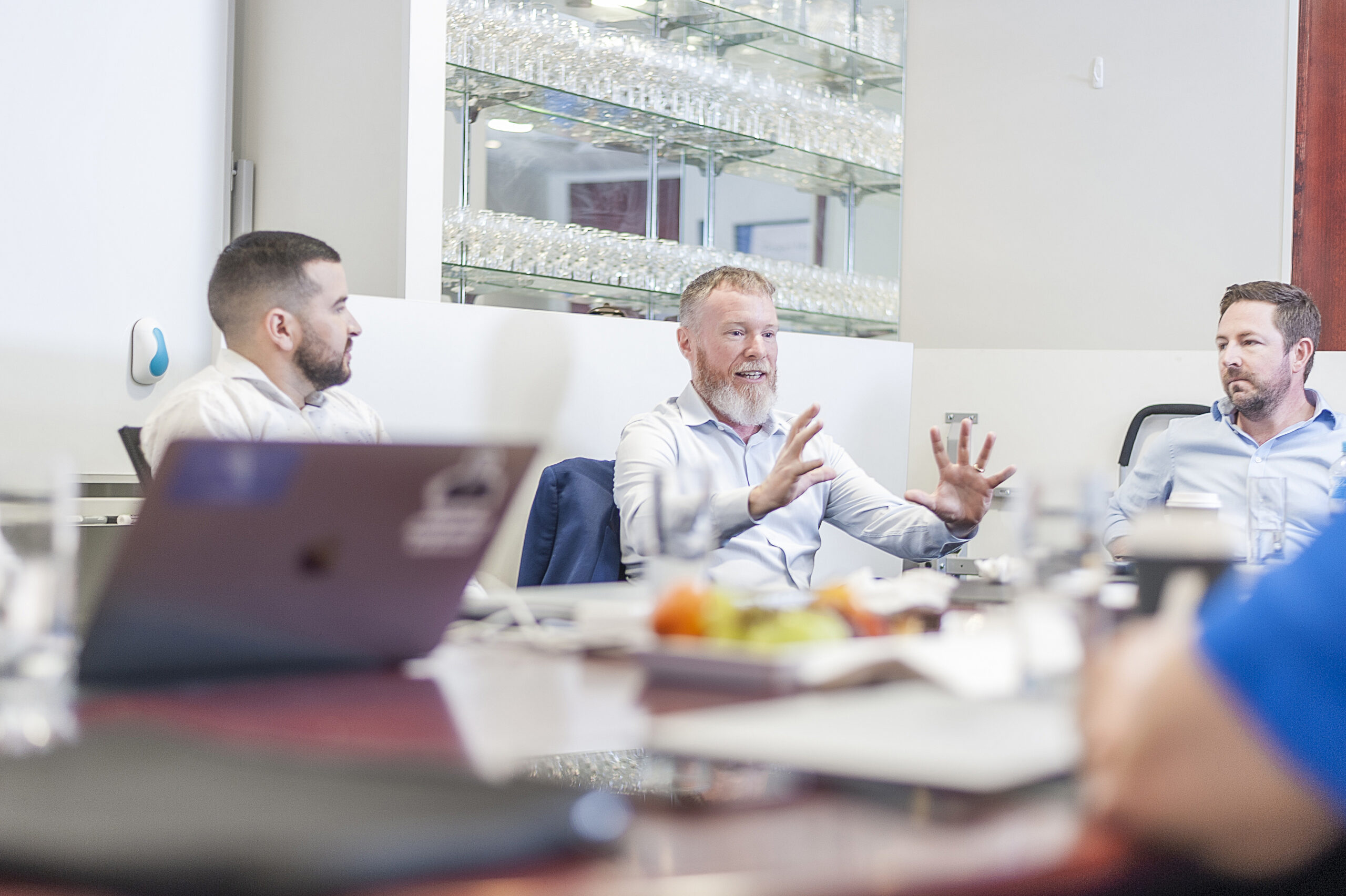What is value engineering?
Value engineering represents one of the greatest opportunities to add project value over the entire project life cycle. It is an opportunity for creativity and a time when innovation becomes the seed of project and operational outcomes.
Value Engineering is not just about saving project costs, it’s about adding project value, be it productivity, efficiency, lower operating costs or capital efficiency. At Arche Energy, we also focus on emissions reductions, and improving safety and environmental risk outcomes.
“Energy cannot be created nor destroyed, but value can.”
When to undertake a value engineering workshop
Value engineering can be undertaken at any stage in the project life cycle depending on when you want to start saving money. At Arche Energy, we like to start our pre-feasibility studies with a value engineering workshop focused on building the right project. If a concept study is about defining an imperfect, but workable project, then the value engineering process is focused on building an optimised project.
There are always opportunities to improve projects and operating facilities at any stage of their life cycle. One of the first value engineering workshops that I was exposed to as a graduate was looking at water supply options for a fifty year old power station. Often, a project gets to a funding gate and needs to improve its value before directors or investors are comfortable in funding the next stage, or new drivers, such as emissions reductions driven by the safeguard mechanism, require an established facility to implement some form of brownfield change in their operations.
In most cases time spent in value engineering prior to feasibility, front end engineering design and construction, or to improve operation performance; is time well spent.
The value engineering process
The process I like to use for a value engineering workshop is:
- Define the business drivers for the project
- What is the product or service?
- Are there by-products?
- What are the drivers of value and cost?
- How is revenue generated?
- What are the major constraints affecting the project or business?
- What are the waste streams (including heat)?
- Explore the concept design
- Why does the concept design include particular elements?
- How does the concept design add value?
- What was the original brief for the concept design, how has it changed?
- What are the strengths and weaknesses of the concept design?
- Brainstorm options in a creative workshop environment
- Unrestrained free flow of ideas
- Get everything on the whiteboard
- No constraints on budget, regulations or conventions
- No bad ideas
- Evaluate ideas in a workshop environment
- Rank value on an estimated whole of life basis. Consider net present value, emissions reduction, effectiveness in health and safety risk reduction
- Rank on ease and/or cost of implementation
- Select concepts for further assessment or implementation
- Get on with the ‘no-brainers’
- Further assessment of high value and higher cost or lower ease of implementation options
- Discard low value and difficult options
- Prepare a one-pager on each concept selected to implement or analyse
This process gets you started and then sets an agenda for further analysis and development of concepts during the pre-feasibility study or subsequent stages if the project is in a later stage of development or if the facility is in operation.
Who should be involved in a value engineering workshop?
A good value engineering workshop should include a multidisciplined team, including:
- A project sponsor, which is normally a senior executive who can set the business drivers and context for the project and the objectives for the workshop
- The concept designers
- Operations team representatives or someone with operations experience
- A risk manager, health and safety advisor and/or environmental lead
- Critical and creative thinkers who also understand the business
- A senior engineer with no or little history on the project
- Some people who are not engineers for diversity of opinions and ideas
- A facilitator.
A good workshop size is around eight to 12 people including the facilitation team. Arche Energy’s value engineering workshops are facilitated by a Principal or Director level engineer along with a second engineer to provide an independent, baggage free view on the project.
Tips and traps
Don’t throw out the baby with the bathwater; assume that those who developed the concept design were intelligent and competent but likely had a limited budget or a slightly different project brief when they prepared the concept study.
Create a workshop environment that fosters creativity, preferably away from the office. There is nothing like a couple of days away at a luxury retreat to get the creative juices flowing. Try to do the workshop face to face if you can.
Build a sense of teamwork and trust; value engineering is not a critique nor an opportunity to prove that you are the smartest person in the room.
Reward creativity.
Focus on value and business outcomes including emissions reductions and risk reductions.
How Arche can help
Arche Energy offers a fixed price value engineering workshop service that will get your value engineering journey started. For energy and carbon reduction drivers, we also offer a fixed price energy and carbon reduction review. Email us on Contact@archeenergy.com.au to find out more.
About the author
Andrew Murdoch is the Managing Director of Arche Energy and is is a long term energy industry participant, advisor and energy nerd. Andrew is very passionate about value engineering and can be assured to provide a few creative and interesting ideas into any project.
